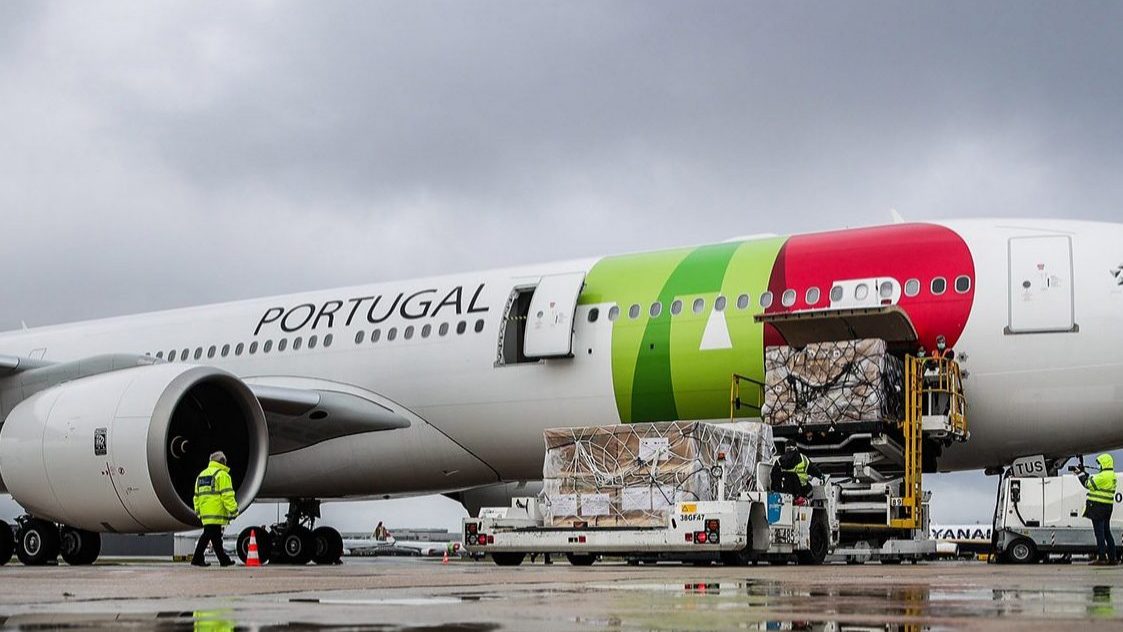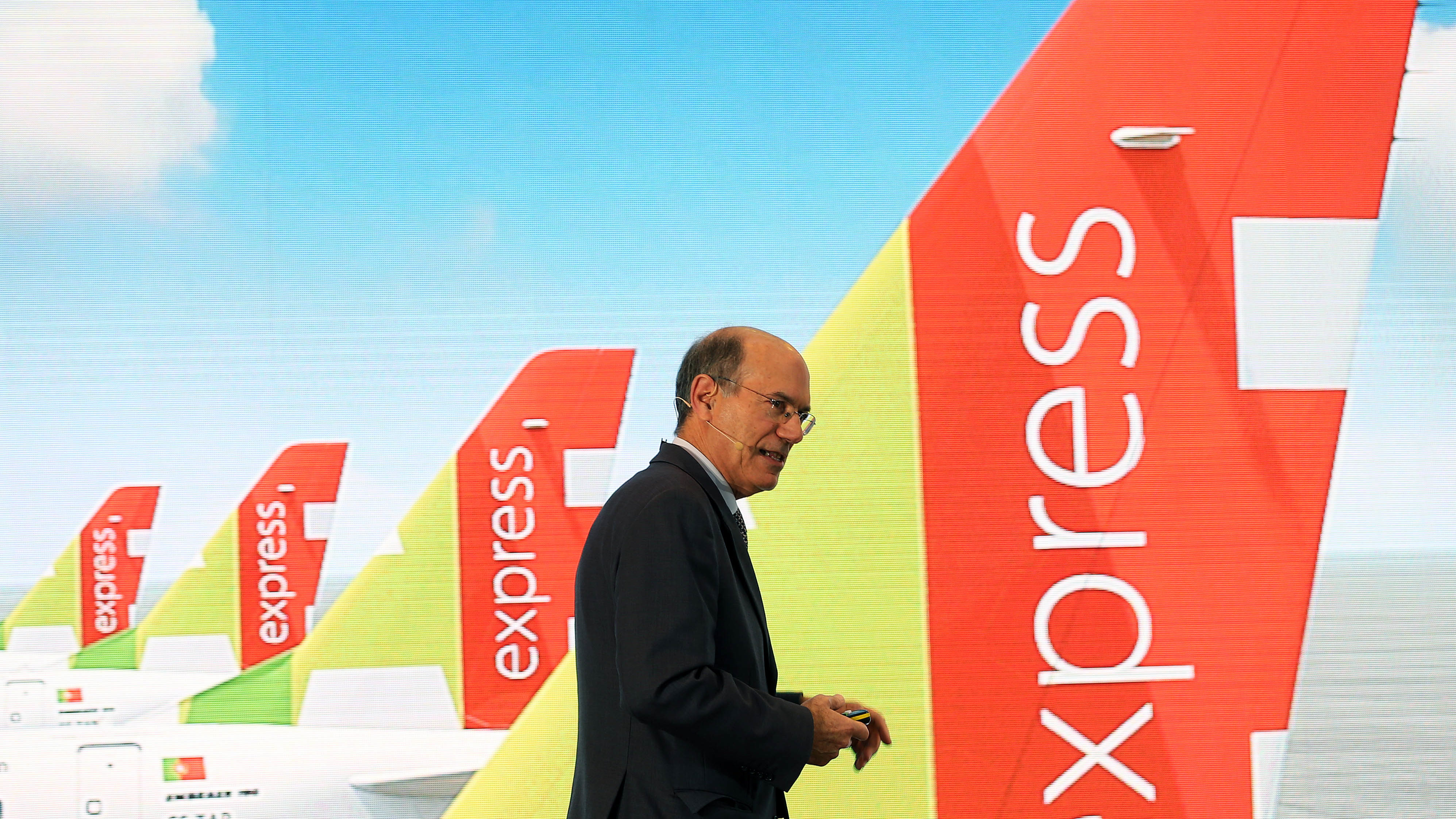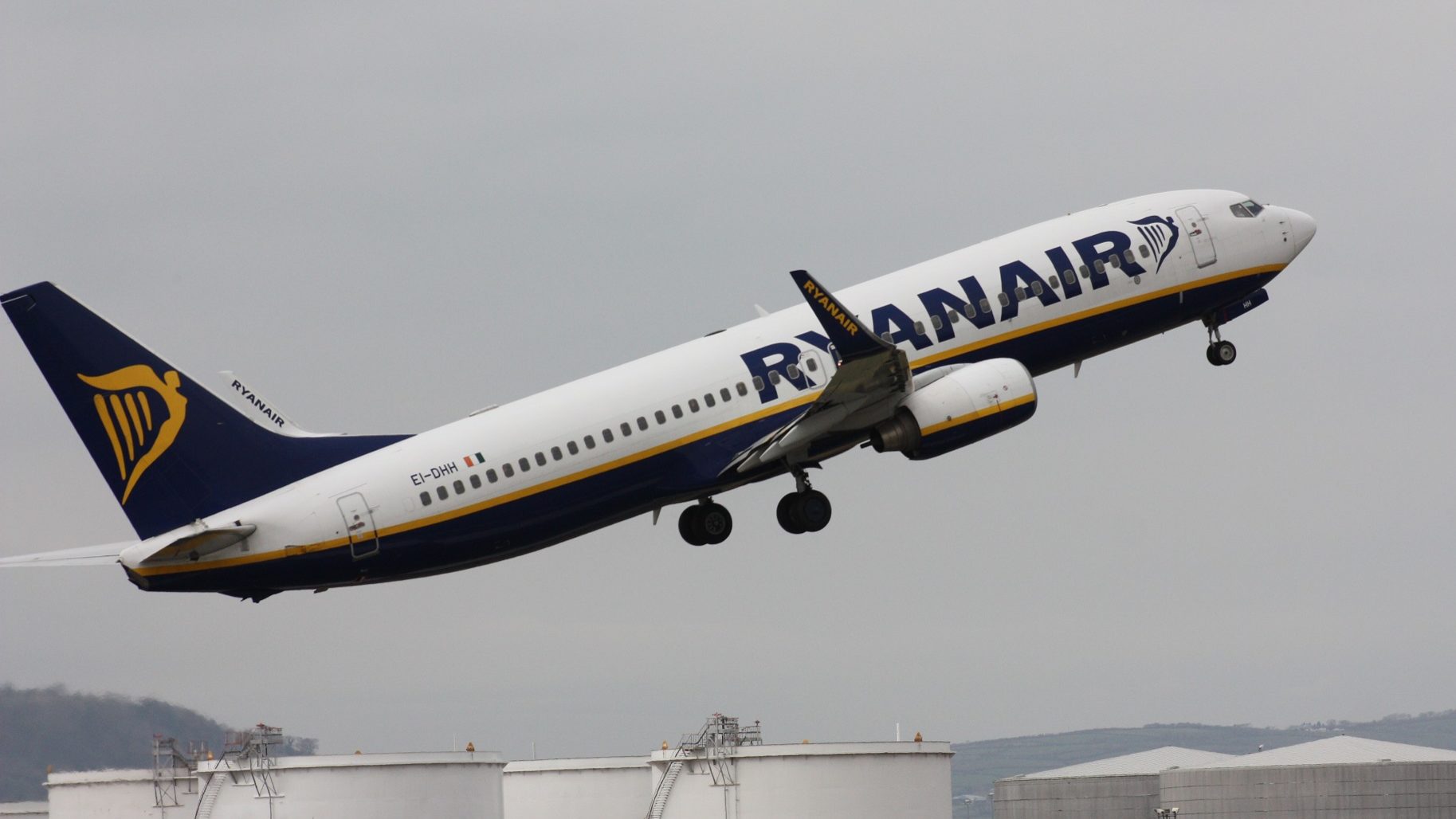EU ‘tightens’ TAP, but Lisbon hub is protected
Compensation for covid's losses and market issues raise TAP's own contribution to the restructuring effort to over 40%. Loss of slots should not threaten the Lisbon hub.
December 10, in less than a month’s time, a year will have passed since the European Commission sent TAP’s restructuring plan for approval. A long wait in a troubled process, and the company even already has new management, now led by Christine Ourmières-Widener. The Government hopes the process will be concluded this year, tougher than the proposal presented, less serious than what could be TAP’s transformation into a ‘little TAP’.
The slots for take-off and landing at Lisbon airport are the main critical point in the negotiations between the EU and the government, especially as it could jeopardise TAP’s position in relation to the Lisbon hub. The Portuguese airline will have to give up more than the six medium-haul slots initially indicated and, as far as ECO has found out, negotiations are currently aiming at a reduction of around 20 slots (out of over 300). However, the most relevant point is not centred on the number of slots, but on the hours that will be given away and the allocation procedure to potentially interested parties, namely Ryanair. The impact will be greater if more valuable slots are involved, allowing connection to long-haul flights to the USA or Brazil. Regardless of the concession, the hub’s existence in Lisbon will not be jeopardised, those familiar with the negotiations told ECO.
The government’s expectations for the process to be concluded point to December. It was in the summer that expectations of rapid approval of the plan faded. Following an appeal by Ryanair, which has been very critical of state aid to TAP and other companies for distorting competition, the General Court of the European Union ruled to cancel the injection of €1,200 million in the Portuguese airline still in 2020.
The Court said, “that the Commission had failed to indicate in its decision whether TAP SGPS belonged to a larger business group and resulting possible implications for its financial difficulties”. Brussels had to re-adopt the decision, to avoid seeing TAP returning the money. On the same day, to ensure that it would not be put in check again, the EC announced the opening of an in-depth investigation to assess whether the restructuring aid is in line with EU rules on state aid granted to companies in difficulty.
In that decision, the EC stated it would examine “whether TAP or market operators would sufficiently contribute to the restructuring costs, thus ensuring that the restructuring plan does not overly rely on public funding” and also “whether appropriate measures to limit the distortions of competition created by the aid would accompany the restructuring”. This already pointed to the two most sensitive issues in the negotiation: the level of TAP’s own contribution to the restructuring effort and the slot allocation at Aeroporto Humberto Delgado.
The original proposal sent by the government to Brussels envisaged that TAP’s own contribution to the restructuring costs would be 36%, a figure well below the 50% recommended by state aid rules. The company’s efforts include cutting staff costs by dismissing more than 2,400 employees and lowering salaries by up to 50%, reducing its fleet, renegotiating aircraft leasing contracts and cutting costs with suppliers.
Anticipating that it would be necessary to go further, the proposal already admitted the possibility of increasing the own contribution to a percentage between 40% and 50%, and it is through this that the government believes it can convince the European Competition Directorate General (DG Comp). How? by changing the numerator.
One way is the deduction of compensation for the losses caused by covid-19 in the total amount of aid considered in the calculation. The state has already injected €462 million in TAP through these compensations. A new tranche of around €100 million is expected soon, leaving a final tranche of a smaller amount to be paid, according to what ECO found out.
This sum will be deducted from the €3.180 billion that the government has already pledged to inject into TAP: €1.2 billion in 2020, plus €998 million planned for 2021 and €990 million for 2022, as stated in the State Budget proposal for next year. António Costa’s government does not intend to give in these amounts, despite the recovery in air traffic, because TAP’s accounts are being penalised by factors such as the rise in jet fuel prices.
In addition to the injections, the restructuring plan also provided for a liquidity cushion of €512 million from 2023 through an issue guaranteed by the state. If the financing is made on the market, without that guarantee, it also reinforces the own contribution. A path that was also admitted in the initial proposal sent to Brussels.
These steps allow to surpass 40%, but still below the 50% needed. The government’s argument presented to Brussels is that in other recent cases of State aid, this criterion was not met either. The aid to Lufthansa and Air France has been used as a benchmark. It remains to be seen whether this will be enough to convince DG Comp.
With the opening of the in-depth investigation, the interested parties were able to submit their arguments to Brussels. This was the case of Ryanair, which said it would “appeal against any EU decision approving the plan, as it is discriminatory and rewards TAP for years of losses and financial mismanagement”. EuroAtlantic has also filed a formal complaint with DG Comp, according to Expresso, complaining of unequal treatment. The Government replied at the end of September, a few days before the end of the deadline it had available. But without managing to convince the EC. Observador reported on Thursday that Portugal’s initial responses to the doubts of the in-depth investigation were not sufficient.
Now the expectation in the Portuguese government is that the green light from Brussels arrives by the end of the year. Without this, it will not be possible to inject into TAP what is left of the €998 million provided for 2021.
The European Commission’s response to questions from ECO has always been the same: the in-depth investigation “is ongoing” and “cannot anticipate the outcome or the timeframe in which it will be known.”


